Metropolis (1927): A Groundbreaking Sci-Fi Epic Ahead of Its Time
Fritz Lang’s Visionary Masterpiece Explores the Dangers of Industrialization and the Power of Human Connection
Metropolis is a groundbreaking sci-fi epic that was ahead of its time in both its scope and vision. Directed by Fritz Lang, the film is a stunning achievement in visual storytelling that explores the dangers of industrialization and the importance of human connection.
Set in a futuristic city where the ruling class lives in luxury above ground while the working class toils away in the depths of the city’s machinery, Metropolis tells the story of Freder (Gustav Fröhlich), the privileged son of the city’s mastermind, who becomes enamored with Maria (Brigitte Helm), a young woman from the lower class who preaches for unity between the city’s two classes. But when Freder’s father creates a robot in Maria’s likeness to sow discord among the workers, the city is plunged into chaos and violence.
Metropolis is a stunning achievement in visual storytelling, with its sprawling sets, stunning special effects, and inventive use of camera angles and lighting. The film’s themes of social inequality, the dangers of technology, and the importance of human connection are as relevant today as they were when the film was first released over 90 years ago.
One of the film’s most enduring legacies is the iconic design of its robot, which has become a cultural touchstone and a symbol of the dangers of unchecked technological progress.
Metropolis is a visionary masterpiece that remains a must-see for cinephiles and sci-fi fans alike. With its groundbreaking visual effects, powerful themes, and unforgettable characters, it is a testament to the enduring power of cinema as a medium for exploring the human condition.


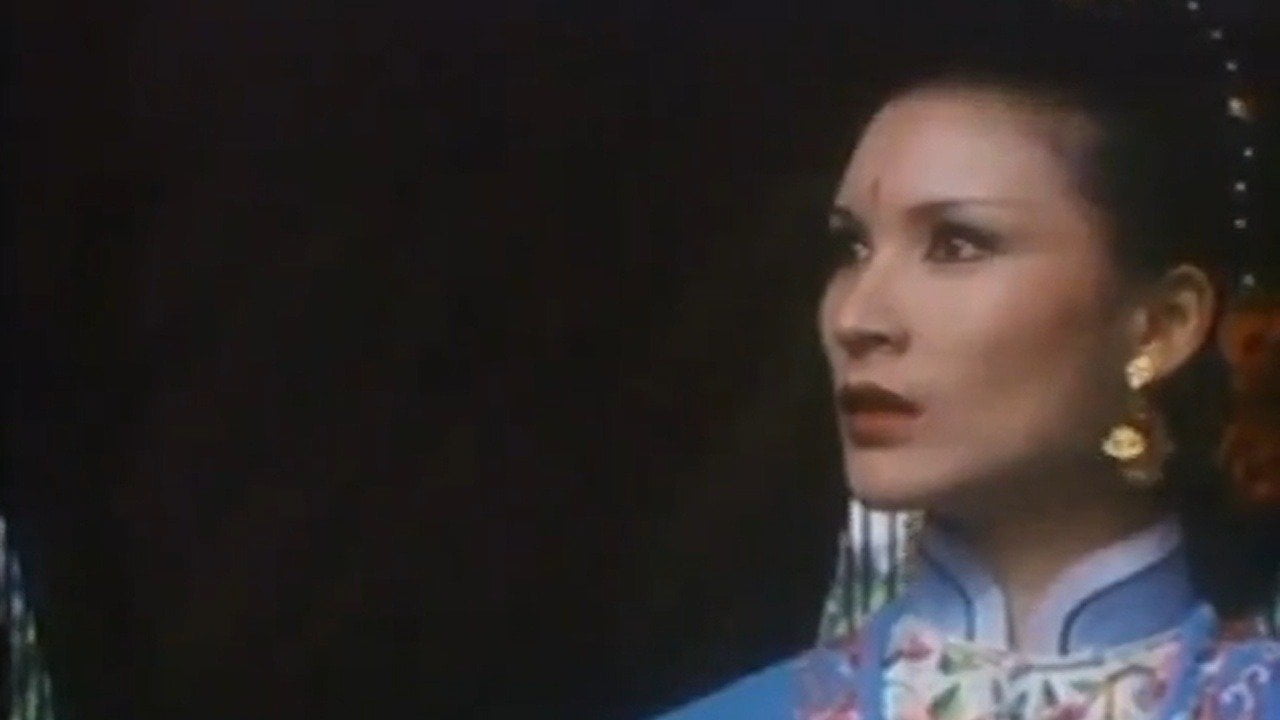
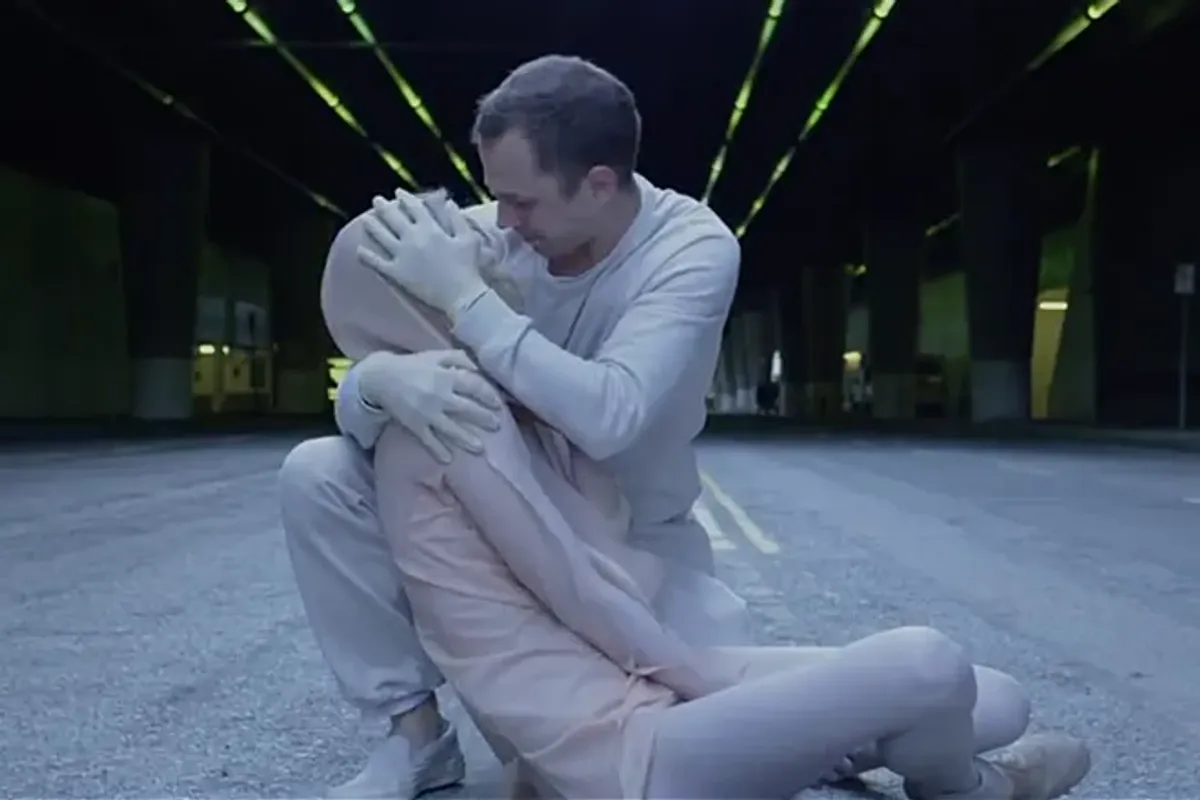
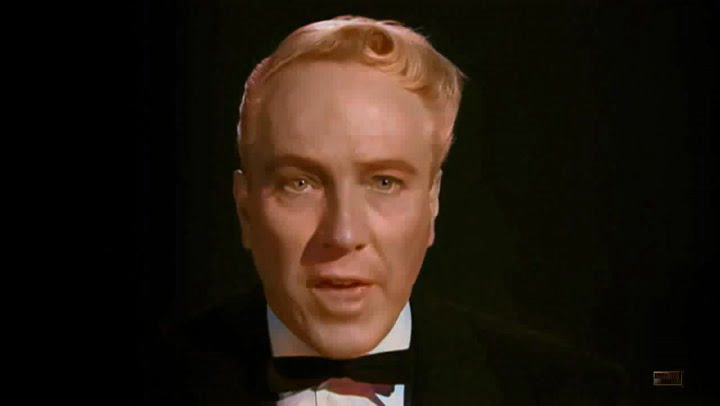
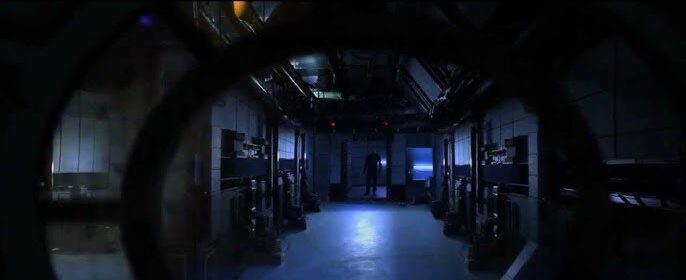
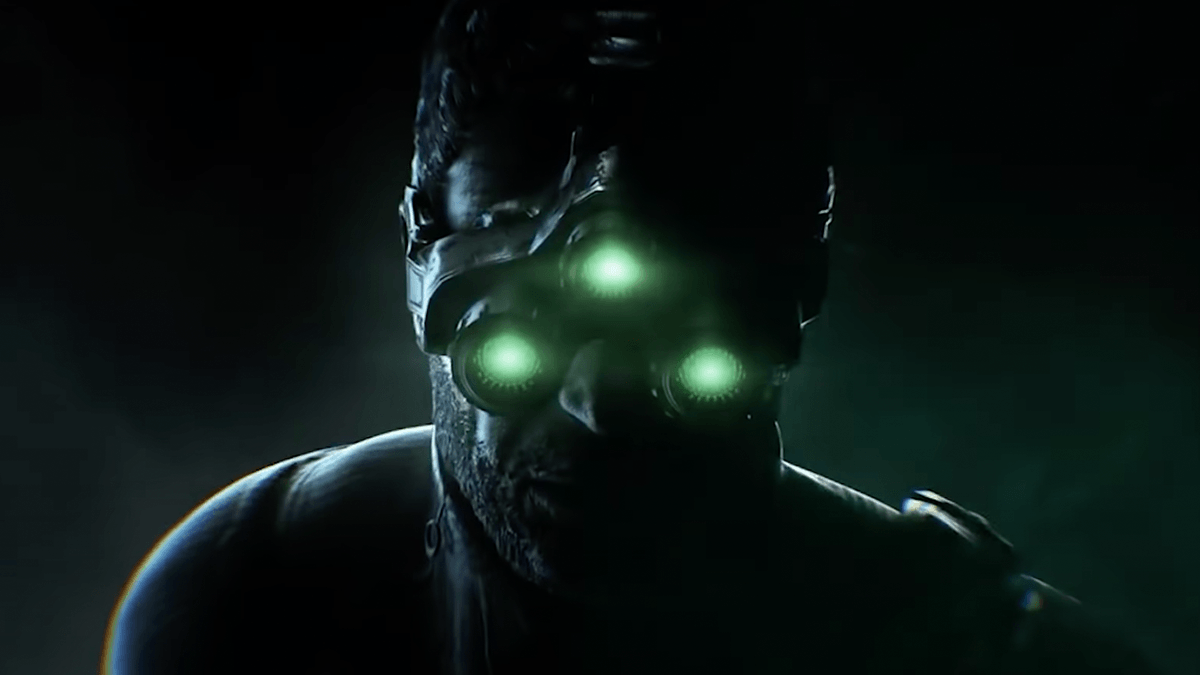

Leave a Reply